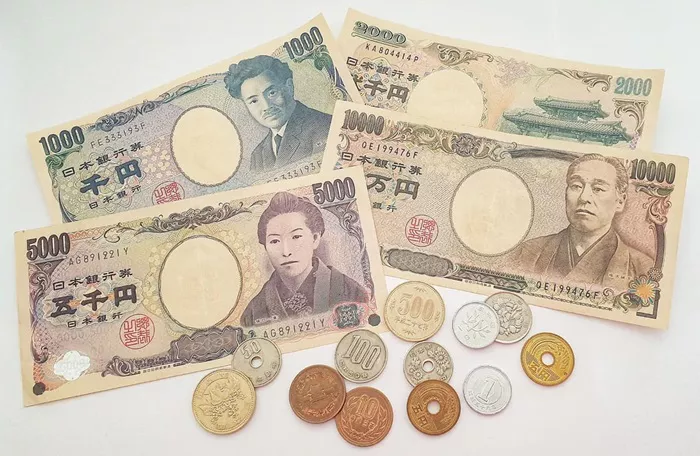In recent trading sessions, the yen and the yuan have demonstrated significant gains, while the Mexican peso has continued its downward trajectory. This trend has been largely driven by the unwinding of carry trades in emerging markets. On Monday, the peso depreciated by as much as 2% against the dollar during Asian trading, marking its third consecutive day of losses. This decline occurred as the yen experienced a surge of over 1% and the Chinese yuan strengthened by 0.7%. Both currencies are commonly used in carry trades, which involve borrowing in low-interest-rate markets to invest in higher-yielding assets.
The recent appreciation of these funding currencies has adversely impacted carry trades. Such strategies rely on borrowing at lower rates in developed markets to capitalize on higher returns in emerging economies. However, the rise in funding currency values has complicated these trades.
Alvin Tan, Head of Asian Currency Strategy at Royal Bank of Canada in Singapore, pointed out growing concerns about a potential US recession following an increase in the unemployment rate to 4.3%. This economic uncertainty contributes to a volatile market environment, which is unfavorable for carry trades. Tan noted, “Recession risk also means greater market volatility, hence carry trades being cut. I think it could easily extend because we have been in an extended low-volatility environment for so long, over a year in fact.”
Monday also saw a global stock market downturn, fueled by investor concerns that the Federal Reserve may be lagging in its economic support, prompting a rush into bond investments for safety.
Carry trades involving the yen had previously been favored in emerging markets due to sustained low volatility and expectations that Japanese interest rates would remain extremely low. However, the Bank of Japan recently increased rates for the second time and hinted at the possibility of further hikes. Meanwhile, traders had also turned to the Chinese yuan as a funding currency, anticipating a depreciation amid economic worries in China.
ING strategists, including Chris Turner, observed in a recent note that the carry trade strategy has faced significant challenges. The peso’s recent performance and the shift in yen-funding dynamics have contributed to this. Increased market volatility has led to a reduction in carry trade positions, underscoring the strategy’s vulnerability to changing economic conditions.


